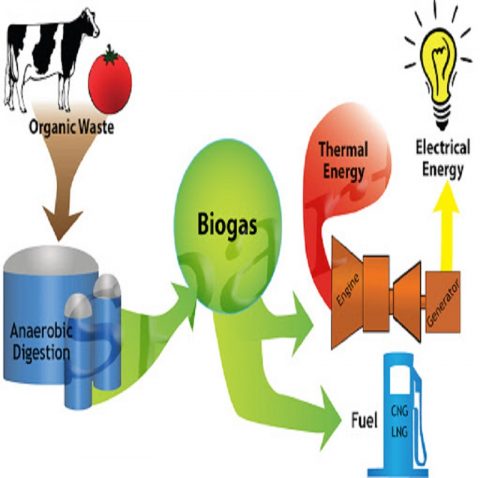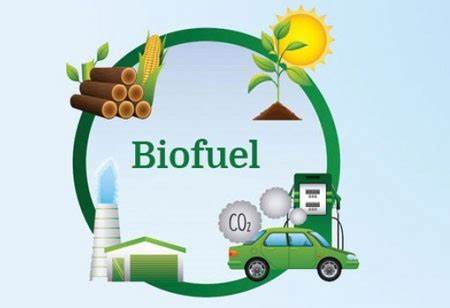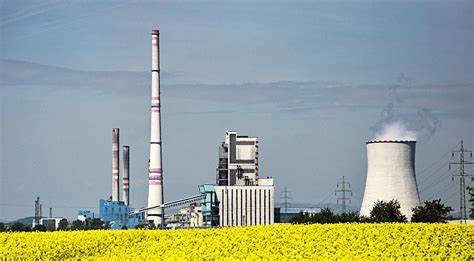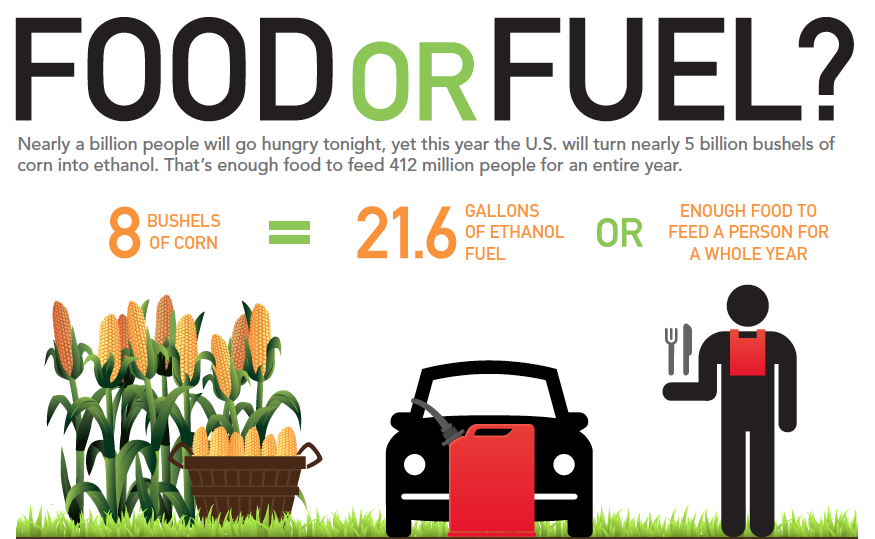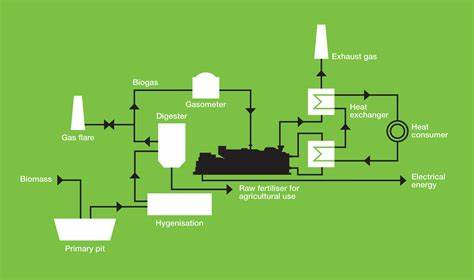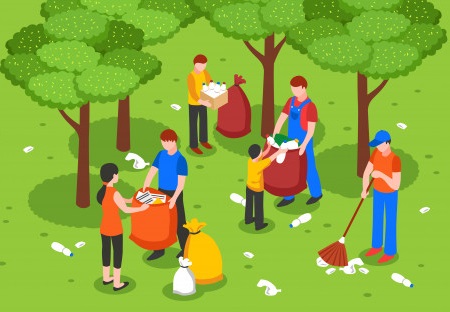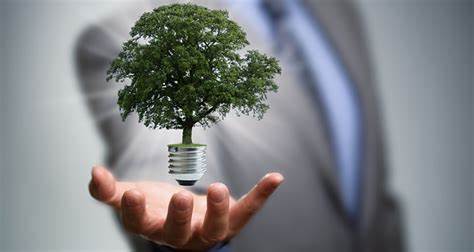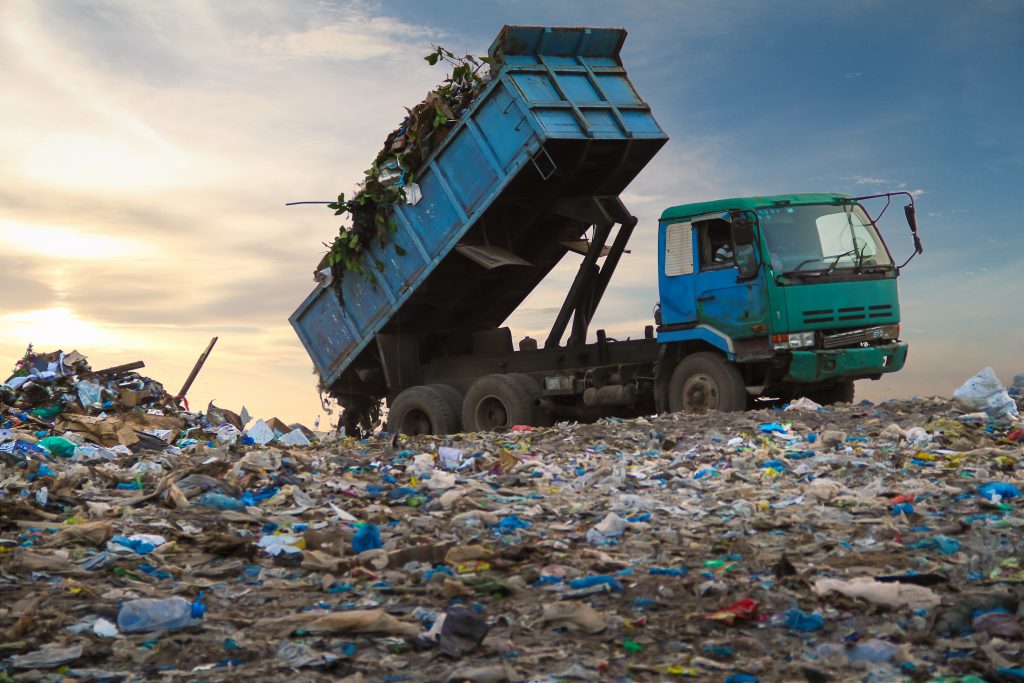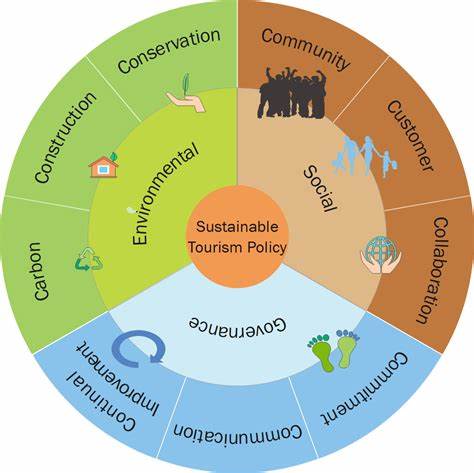Biofuels: A Sustainable Solution for Renewable Energy Introduction Biofuels have emerged as a promising solution in the quest for renewable energy and environmental sustainability. As the world faces the urgent need to reduce greenhouse gas emissions and shift away from fossil fuels, understanding the different types of biofuels becomes crucial. By harnessing the power of organic matter, biofuels offer an alternative that can address climate change while reducing our dependence on finite resources. Historical Background The history of biofuels dates back to ancient times when biomass, such as wood and animal waste, was used as a fuel source. However, significant…
Author: jenks2026
Introduction Biofuels have gained significant attention in recent years as a potential solution to the environmental and energy challenges the world is facing. This article provides an overview of the advantages and challenges of using biofuels, emphasizing the relevance and importance of this topic. Historical Background Origins of Biofuels Biofuels have a long history, dating back to the 19th century when Rudolf Diesel developed the diesel engine to run on peanut oil. Since then, biofuels have evolved and gained prominence as a renewable energy source. Evolution and Development of Biofuel Technology Biofuel technology has undergone significant development over the years.…
Introduction Biofuels have become essential in the pursuit of sustainable energy solutions, offering environmentally friendly and economically viable alternatives. This article delves into the realm of biofuels, providing a comprehensive exploration of their historical background, key concepts, and their role in achieving a sustainable future. Historical Background Biofuels have roots dating back to ancient civilizations, where biomass was utilized as a source of energy. However, the modern biofuel industry began to take shape in the 19th century with the invention of the internal combustion engine. Since then, significant milestones and developments have propelled biofuels into the limelight as a viable…
Introduction Ethanol has emerged as a crucial player in the realm of renewable energy, offering a sustainable alternative to traditional fossil fuels. Its significance lies in its ability to address the pressing challenges of energy security and environmental sustainability. This article explores the historical background, key concepts, production, benefits, challenges, case studies, current trends, controversies, and future outlook of ethanol as a renewable fuel source. Historical Background Ethanol has a rich history as a renewable fuel source, with evidence of its usage dating back centuries. Early civilizations harnessed its potential for various purposes. However, it was during the oil crises…
Algae Biofuels: Harnessing the Power of Nature for Sustainable Energy Introduction Algae biofuels have emerged as a promising solution in the quest for renewable energy. With the world’s growing energy demands and increasing concerns about climate change, finding sustainable alternatives to fossil fuels is crucial. Algae biofuels offer a unique approach by utilizing the power of photosynthesis and the natural lipid content of algae to produce clean and efficient biofuels. In this article, we will explore the importance and potential benefits of algae biofuels and delve into their historical background, key concepts, main discussion points, case studies, current trends, challenges,…
Biomethane: A Sustainable Energy Source for a Greener Future Introduction Biomethane is an emerging sustainable energy source that is crucial in achieving long-term sustainability goals. The production of biomethane, which involves harnessing natural gas, not only helps in reducing greenhouse gas emissions but also offers various practical applications in different industries. The increasing interest in this topic is driven by the need for cleaner and more efficient sources of energy to combat climate change and reduce dependence on fossil fuels. Historical Background The evolution of biomethane as a sustainable energy source dates back to ancient times when early civilizations used…
Introduction Upcycling, the process of transforming waste materials into higher-value products, has gained significant attention in today’s society. This article explores the importance and interest of upcycling, highlighting its environmental benefits and creative potential. Historical Background Upcycling has a rich history, with origins dating back to ancient civilizations. However, it gained prominence during the Industrial Revolution when resources became scarce. Notable pioneers and movements played a crucial role in popularizing upcycling as a means of artistic expression and sustainability. Key Concepts and Definitions Upcycling is often confused with recycling and repurposing. However, it offers a unique approach by transforming waste…
Introduction In today’s rapidly changing climate, waste management has become a critical issue that requires urgent attention. This article provides an overview of the challenges and opportunities associated with waste management in the face of climate change. By understanding the historical background, key concepts, main discussion points, case studies, current trends, challenges, and future outlook, we can address the impact of climate change on waste management systems. Historical Background Waste management practices have evolved over time due to societal needs and environmental concerns. However, climate change has significantly influenced waste management in the past. As extreme weather events become more…
Introduction This article explores the impact of culture and tradition on waste management practices and emphasizes the importance of understanding this topic. Historical Background Throughout history, various cultures and traditions have developed unique waste practices. For instance, ancient civilizations practiced recycling and composting long before modern waste management systems were established. Cultural and traditional beliefs have significantly influenced waste management approaches over time. Key Concepts and Definitions To delve into this topic, it is crucial to define culture and tradition in the context of waste practices. Additionally, understanding the concept of waste management and its different components is essential. Furthermore,…
Introduction: Corporate sustainability and waste reduction have become imperative in today’s business world due to the increasing focus on environmental responsibility. This article explores the concept of corporate sustainability, highlights its potential benefits and challenges, and emphasizes the significance of understanding the psychology behind these practices. Historical Background: Sustainability and waste reduction in corporate practices have evolved over time. Initially, businesses focused solely on profit, paying little attention to their environmental impact. However, with growing concerns about climate change and resource depletion, the concept of sustainability gained traction. Factors such as government regulations, consumer demand for eco-friendly products, and the…
Introduction Recycling and waste management in a post-fossil fuel era have become critical topics in today’s society. With the increasing concern for environmental sustainability and the depletion of fossil fuel resources, it is imperative to explore alternative approaches to managing waste. In this article, we will delve into the relevance and importance of recycling and waste management, while also discussing the purpose and scope of the article. Historical Background To understand the current state of recycling and waste management, it is essential to examine its historical background. Throughout history, societies have employed various methods to manage waste, ranging from landfill…
Introduction Education plays a crucial role in shaping individuals’ attitudes and behaviors towards recycling and promoting a recycling-conscious society. By providing knowledge and awareness about the environmental impact of waste, education can empower individuals to make informed choices and take responsible actions. Exploring the connection between education and recycling-consciousness is relevant in creating a sustainable future. Historical Background Recycling has evolved over time, with its roots dating back to ancient civilizations. However, it was not until the late 20th century that recycling gained significant attention as a solution to the growing waste problem. The development of recycling-consciousness in society can…
Introduction The challenge of electronic waste (e-waste) is a pressing issue that demands immediate attention. The rapid advancement in technology has led to an exponential increase in the generation of electronic devices, resulting in a surge in e-waste. This article aims to shed light on the relevance and importance of addressing this issue, emphasizing the need for innovation in managing electronic waste for a sustainable future. Historical Background The rise of electronic devices has revolutionized our lives, but it has also contributed to alarming levels of waste generation. As technology becomes obsolete at a rapid rate, the disposal of electronic…
Sustainability: Leveraging Competitive Advantage for Business Success Introduction In today’s rapidly changing business landscape, sustainability has emerged as a crucial concept for organizations across the globe. The concept of sustainability encompasses the idea of meeting present needs without compromising the ability of future generations to meet their own needs. In the business context, sustainability refers to integrating environmental, social, and economic considerations into organizational practices and decision-making processes. This article explores the importance of businesses leveraging sustainability for competitive advantage, highlighting its relevance and potential benefits. Historical Background The evolution of sustainability in business practices can be traced back to…
The Future of Landfills and Waste Disposal Sites Introduction The future of landfills and waste disposal sites is of growing importance in the realm of environmental sustainability and waste management. With the continuous increase in the global population, waste generation is also on the rise. This article aims to provide a concise overview of the topic and emphasize its significance in addressing the challenges associated with waste disposal. Historical Background Early waste disposal practices primarily involved simple methods such as open dumping and burning. However, as urbanization and industrialization progressed, more organized waste management strategies became necessary. The establishment of…
Introduction The circular economy is a concept that aims to promote sustainability and resource efficiency by minimizing waste and maximizing the value of resources. In developing countries, the study of the circular economy is particularly important due to the unique challenges and opportunities they face in implementing sustainable practices. This article provides an overview of the circular economy, its historical background, key concepts and definitions, and explores the economic, environmental, and social benefits of adopting circular economy practices in developing countries. Additionally, case studies, recent trends, challenges, controversies, and future outlook are discussed to provide a comprehensive understanding of the…
Introduction Disaster-stricken areas often face immense challenges in managing waste, leading to severe environmental and health risks. This article explores the importance of effective waste management in such areas and highlights the need for sustainable strategies. Historical Background Throughout history, waste management in disaster-stricken areas has been a critical issue. From natural disasters like earthquakes and hurricanes to man-made disasters such as industrial accidents, the management of waste becomes even more challenging in these situations. Significant developments have been made in this field over time, with organizations and governments recognizing the importance of proper waste management during and after disasters.…
Circular Design Principles in Product Development: Creating a Sustainable Future Introduction Circular design principles in product development have gained significant attention due to their potential to create a sustainable future. This article introduces the concept of circular design principles and discusses their relevance and importance in today’s society. Historical Background The development of circular design principles can be traced back to several key milestones and events. There has been a growing recognition of the need to shift away from the linear “take-make-dispose” model. This section provides a brief history of the evolution of circular design principles, highlighting the turning points…
Impact of Consumer Education Campaigns on Recycling Rates Introduction The impact of consumer education campaigns on recycling rates is a topic of great relevance and importance in promoting sustainable waste management practices. These campaigns play a crucial role in raising awareness and encouraging individuals to adopt recycling behaviors, ultimately contributing to the reduction of waste and environmental preservation. Historical Background Recycling and consumer education campaigns have evolved over time, driven by the growing recognition of the importance of sustainable waste management. Significant milestones and events have shaped the understanding and implementation of these campaigns, such as the establishment of the…
Introduction Sustainable tourism and waste management have gained significant attention in recent years due to their interconnected nature and impact on the tourism industry. This article aims to provide an in-depth exploration of these subjects, highlighting their importance and the role they play in shaping a greener and more responsible future. Historical Background To fully understand the current state of sustainable tourism and waste management, it is crucial to delve into their historical background. Sustainable tourism has evolved over the years, with its roots tracing back to the 1970s when global environmental concerns first gained momentum. Milestones such as the…


